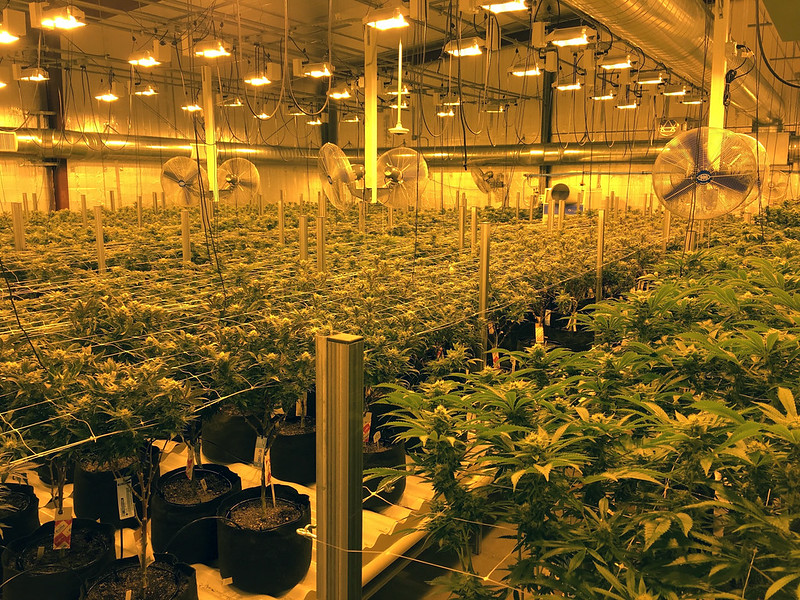You don’t need to be in Taiwan for very long to know that the country takes a tough stance on drugs. The country still famously retains the death penalty for some offenses, and international travelers must sign off on that knowledge when they fill out their landing cards.
That considered, the events of the past week might come as a bit of a surprise to some. Taiwan announced this week that it was reducing the penalty for growing cannabis plants from a minimum of five years to a maximum of seven.
Meanwhile, just a few days earlier, legalization advocates with the group Green Sensation (綠色浪潮) held a public demonstration outside the Ministry of Justice, followed by a gathering in central Taipei’s Liberty Square, with activities, speeches, and live music. The event, which was held in anticipation of 420 Weed Day on April 20, was aimed at raising awareness about cannabis and legalization efforts. A petition to legalize marijuana put together by Green Sensation has reportedly garnered more than 12,000 signatures.
Changing Attitudes toward Cannabis
While these developments hardly total up to nationwide acceptance support for legalized cannabis, they do occur as attitudes toward to substance appear to be easing. Around 100,000 people use cannabis recreationally according to Ministry of Justice data, while medical marijuana is currently permitted in Taiwan in some circumstances. Currently, four types of medicine containing THC are permitted for patient use.

Cannabis is now legal in a handful of regions globally, but laws remain tight in Taiwan. (Photo: Oregon Department of Agriculture)
As in other parts of the world, cannabis use in Taiwan and East Asia goes back millennia. According to Washington D.C.’s THC Museum, hemp-cord pottery and tools for pounding hemp were found in Taipei’s Yuanshan archaeological site. The Shennong Ben Cao Jing, one of China’s oldest medical texts, also describes how cannabis induces shaman-like trances, and in large quantities, enables divine communication.
Today, however, the plant has lost this spiritual association. Unlike countries like Canada, where recreational consumption of cannabis is widely seen as similar to nicotine and alcohol, it is perceived in Taiwan as a gateway drug and a threat to public health.
Currently, cannabis is listed as a Category 2 drug under the Narcotics Hazard Prevention Act, making it just as illegal as methamphetamines and raw products like coca and opium poppies. That means a sentence of up to two years in prison for possession, while selling can land you with a life sentence.
Misguided Public Knowledge
“Our education system basically teaches us that weed will poison you, and if you use it today, you’ll start using heroin tomorrow,” Zoe Lee told the HK Free Press last year.
A self-described “weed lawyer” Lee’s practice offers specialized defense for people involved in cannabis-related cases in Taiwan. She explained that part of the problem is a lack of understanding about cannabis in Taiwanese courts. For example, it’s widely misunderstood that people smoke cannabis leaves, as opposed to the flowers, meaning that it’s possible to be sentenced to years of prison time for growing a male plant, which does not have high enough THC levels to produce a psychoactive high if smoked.
Still, Lee believes a shift in attitudes is trickling into Taiwan through social media and the Internet, numerous Chinese-language vlogs about personal cannabis experiences and the effects of the drug can be found on YouTube, while podcasts such as Lee’s own In The Weeds inform listeners about the drug, safe use, and its legal status in Taiwan.
The fact that much of this information is more likely to reach Taiwanese young people, who incidentally made up most of the attendees of the Green Sensation event suggests that wider awareness about cannabis may only be budding among younger age groups. That considered, any truly noteworthy changes to cannabis’s status in Taiwan are likely to be slow growth.


-560x420.jpg)










Comments are closed.